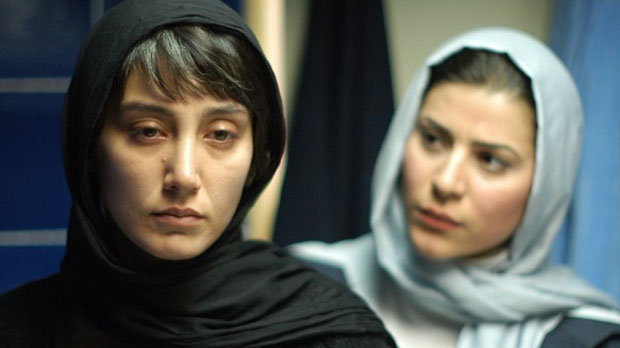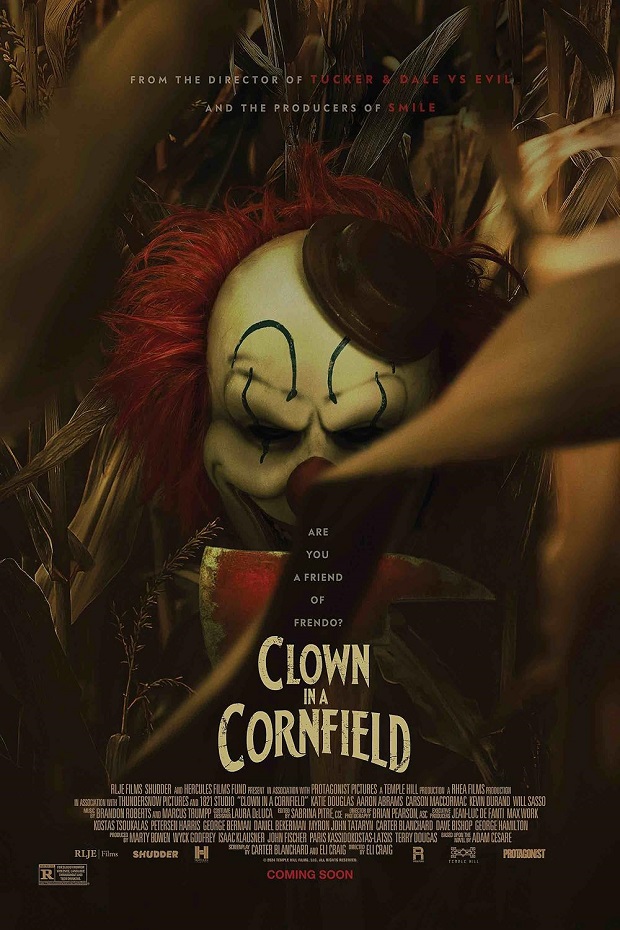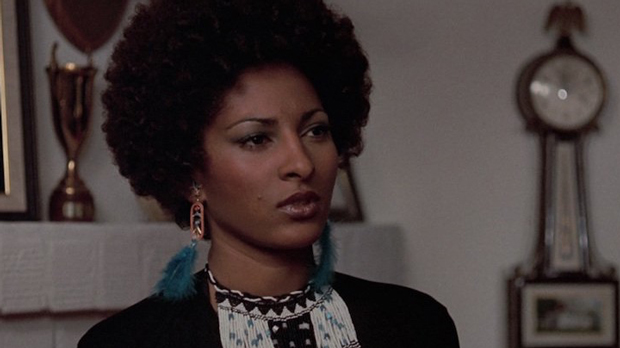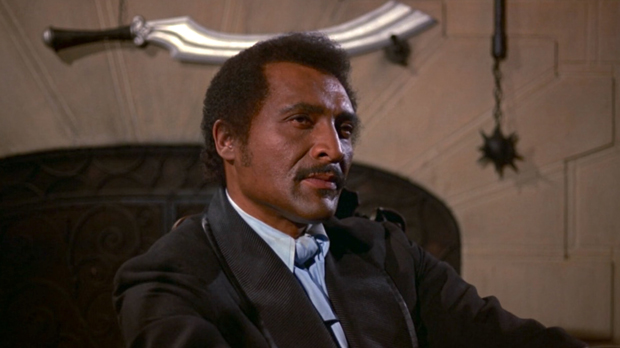 Fireworks Wednesday (2006) Grasshopper Films/Comedy-Drama RT: 102 minutes No MPAA rating (language, brief violence, thematic elements) Director: Asghar Farhadi Screenplay: Asghar Farhadi and Mani Haghighi Music: Payman Yazdanian Cinematography: Hossein Jafarian Release date: April 8, 2016 (Philadelphia, PA) Cast: Hediyeh Tehrani, Taraneh Alidoosti, Hamid Farokh-nejad, Pantea Bahram, Matin Heydarnia, Houman Seyyedi, Sahar Dolashahi, Behshad Sharifian, Mehran Mahram.
Fireworks Wednesday (2006) Grasshopper Films/Comedy-Drama RT: 102 minutes No MPAA rating (language, brief violence, thematic elements) Director: Asghar Farhadi Screenplay: Asghar Farhadi and Mani Haghighi Music: Payman Yazdanian Cinematography: Hossein Jafarian Release date: April 8, 2016 (Philadelphia, PA) Cast: Hediyeh Tehrani, Taraneh Alidoosti, Hamid Farokh-nejad, Pantea Bahram, Matin Heydarnia, Houman Seyyedi, Sahar Dolashahi, Behshad Sharifian, Mehran Mahram.
Rating: *** ½
As a filmmaker, Asghar Farhadi is to Iran what Francois Truffaut (The 400 Blows) is to France, Ingmar Bergman (Cries and Whispers) to Sweden, Federico Fellini (8 ½) to Italy, Zhang Yimou (Raise the Red Lantern) to China and Akira Kurosawa (The Seven Samurai) to Japan. He burst onto the arthouse scene here in the US with 2011’s A Separation (for which he won Best Foreign Film) and followed it up two years later with The Past. Both are excellent films that had critics and audiences buzzing with curiosity about Farhadi’s earlier work. The movie gods heard their prayers. Last year, audiences got the chance to see 2009’s About Elly. This year it’s Fireworks Wednesday. It’s the first time either film has been released in the US. I say it’s about time they made it here.
In what seems to be becoming an arthouse trend lately, several films previously unreleased in the US have been finding their way here. Over the past couple of years, we’ve been treated to A Summer’s Tale (1996, Eric Rohmer), Rebels of the Neon God (1992, Tsai Ming-liang) and Only Yesterday (1991, Isao Takahata). For me, this is one of the most exciting aspects of arthouse cinema, the chance to watch older films on the big screen. This is almost unheard of in mainstream cinema. Between all the “big” movies (e.g. Star Wars: The Force Awakens, Batman v Superman), there’s no room on the schedule. Also, since most older movies are readily available on DVD or for streaming on-line, what’s the point in schlepping to the multiplex and plunking down $12 a ticket? Only the most die-hard movie fans will pay good money to watch Die Hard for the umpteenth time. There’s no real money in it for the bottom-line major studios. That’s not a concern in the arthouse culture. Movies like Fireworks Wednesday get released for the love of film.
Now that I’m done pontificating about cinema, let’s get on with my review of Fireworks Wednesday. I think it’s excellent. Unlike most films from Middle Eastern countries, it doesn’t take itself too seriously. In some ways, it’s farcical like Pedro Almodovar’s Women on the Verge of a Nervous Breakdown. That’s not to say it’s all fun and games. Issues like class, religion, Islamic rule and gender roles are touched upon. How could they be otherwise? They’re an integral part of the culture. It’s just that Farhadi has a lighter touch. Fireworks Wednesday never once feels heavy, not even when it deals with serious subject matter like the disintegration of a marriage.
The film starts off by introducing us to Roohi (Alidoosti, About Elly) and her fiancé (Seyyedi), a young couple about to be married. In order to make money to pay for their wedding, Roohi takes a job as a cleaning lady for an upper middle class family in Tehran. When she arrives at their apartment, she finds the place in total disarray. A window is broken, the furniture is overturned and the husband, Morteza (Farokh-nejad), has a bandage on his hand. Roohi gets straight to work as he shouts agitatedly into his phone. When the wife Mozhde (Tehrani) comes home, Roohi finds herself in the middle of a heated domestic dispute, a position she holds through most of the movie. Mozhde accuses her husband of infidelity; she’s convinced he’s been sleeping with their neighbor Simin (Bahram), a divorcee who runs a beauty salon out of her apartment. Morteza tells his wife she’s being paranoid and storms off to work. Or so he claims. Mozhde is determined to prove her husband is lying, even stealing Roohi’s chador at one point to spy on him at his work. Is he really cheating on her or is Mozhde becoming unhinged by the restrictions placed on her by society?
Throughout the day, Mozhde keeps pulling Roohi into her schemes to obtain evidence of her husband’s alleged infidelity. Fireworks Wednesday has an absurdist comic tone to it. Yet it never diminishes the seriousness of the central couple’s marital problems and how they affect their young son Amir-Ali (Heydarnia). One of Farhadi’s best touches is his use of sound. The story takes place on Fireworks Wednesday which is a holiday that precedes the Persian New Year. Outside, you can hear the constant sound of firecrackers going off. They’re celebratory while at the same time symbolic of the couple’s marital discord and the volatility of their situation. They also fill the viewer with a sense of unease.
The acting in Fireworks Wednesday is superb. Alidoosti is especially good as Roohi, a wide-eyed innocent observing the breakdown of a marriage. It gives her pause to consider her own future. Is this what’s in store for her and her soon-to-be-husband? Will the rules governing her society ultimately put a strain on their relationship as it clearly has with her employers? Sure, everything’s fine now, but that’s youthful idealism for you. Eventually, reality seeps in. Farhadi’s films show how relationships are shaped and twisted in a paternalistic theocracy. As evidenced by his later films, Farhadi is incredibly observant and insightful when it comes to marriage in Iran. He grounds his characters in their cultural context, never once giving in to romantic flights of fancy. He’s confident in his style.
I like how the cinematography works in tandem with the shifting of perspectives among characters. The constant movement of the camera and reframing work to the film’s advantage. It’s a motif that characterizes his later films. Farhadi is a skilled filmmaker; I can’t wait to see what comes next or what came before should the powers-that-be decide to release either Dancing in the Dust (2003) or Beautiful City (2004) in the US.




